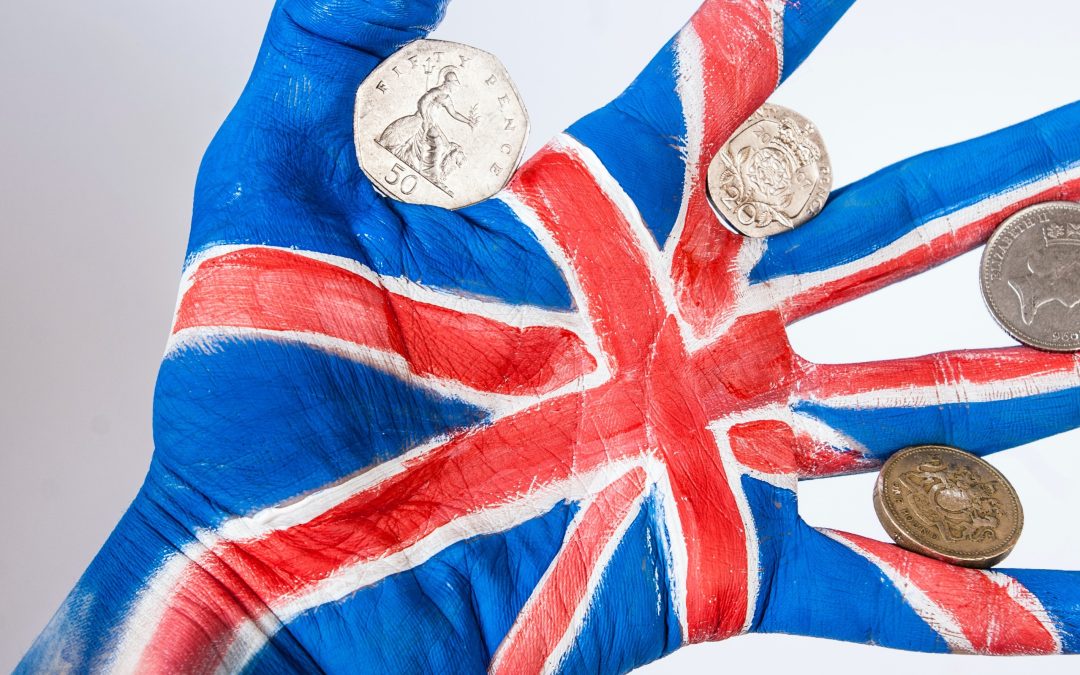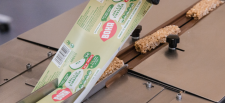The Bank of England’s chief economist, Huw Pill addressed cost of living and economic concerns, warning that food prices will continue to rise, albeit at a slower rate than previously.
Speaking at a public virtual Q&A session Pill told Sky News: “Unfortunately the days of seeing food prices fall, that does seem to be something that we may not be seeing for a little while yet, if in the future at all.”
In the latest version of its monetary policy report published earlier this month, the Bank of England details how Russia’s invasion of Ukraine, combined with poor harvests in other countries, pushed the price of food up. In June, food prices were 17% higher than a year ago.
According to Pill, one reason why the UK has been hit hard by the invasion on Ukraine is that UK companies reacted to the price uncertainty by locking in expensive contracts.
He said: “Some firms decided to sort of lock in their purchases of commodities in international markets in order to reduce that uncertainty, but potentially locked in at quite high levels of prices and they’re still passing that through the system into what ultimately we’re paying for in shops.”
Pill stated in the Q&A that by the end of 2023, food inflation would likely remain at around 10%, and would fall further in 2024.
Speaking at the live public virtual Q&A session Pill said: “That’s still not a very comfortable level, certainly for us when we’re looking at trying to reduce the overall level of inflation down to our 2% target. Having food price inflation running at 10% is clearly not really compatible with that on a lasting basis.”
This comes as the Bank of England raised interest rates to 5.25% on Thursday 3rd August, making it the 14th consecutive time it has increased rates.









